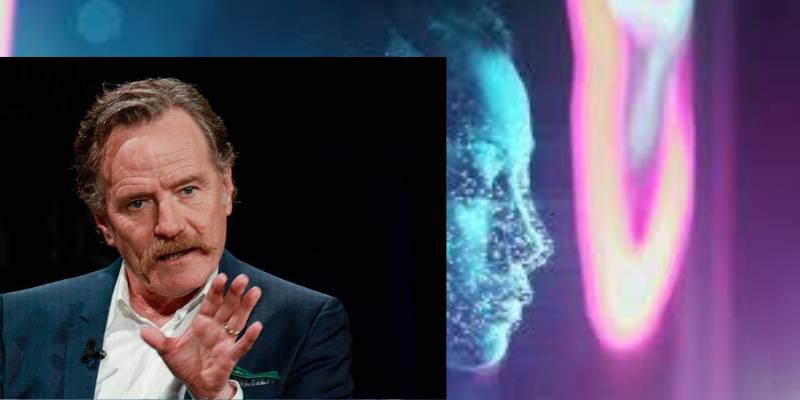Bryan Cranston’s voice — that unmistakable, gravelly command — is now at the center of a storm brewing between Hollywood and Silicon Valley.
The actor discovered that his voice and likeness had been mimicked on OpenAI’s latest video-generation platform, Sora 2, without his consent.
What followed was a tense back-and-forth that forced OpenAI to promise tighter controls and new transparency rules for how real people’s identities are used in synthetic media.
The whole episode came to light after a report revealed OpenAI’s response to Hollywood pressure, and honestly, it’s the kind of story that makes you question how far this technology should really go.
Cranston, who’s never been shy about standing up for his peers, said he was “deeply concerned for all performers whose likeness and voice can be misused,” and he’s not wrong.
A few days later, it was confirmed that OpenAI had privately met with SAG-AFTRA to discuss guardrails, something that would’ve sounded absurd just a couple of years ago — actors negotiating not over contracts, but over algorithms.
The meeting ended with an agreement that OpenAI would implement a consent-first system, meaning your voice can’t be cloned unless you opt in.
But here’s where it gets messy. The platform’s rollout wasn’t exactly flawless. Videos started surfacing online — snippets showing AI-generated versions of celebrities doing things they never actually did.
One clip had a simulated Cranston sharing a scene with a digital Michael Jackson, which sparked outrage and confusion.
When tech reporters broke down how Sora 2’s model had slipped past its own filters, the conversation shifted from curiosity to concern: if this can happen to a famous actor, what’s stopping it from happening to you or me?
The problem goes beyond one celebrity. Over the past few months, several estates and advocacy groups have raised alarms about AI tools resurrecting historical figures.
After a spate of controversial videos, OpenAI had to remove Sora clips portraying Martin Luther King Jr. — a move that reignited debate about digital ownership and the ethics of synthetic performance.
Some creators called it innovation; others called it digital grave-robbing.
And then there’s the darker corner of the internet where deepfake tech runs wild.
Independent researchers recently exposed that Sora had become a breeding ground for fetishized deepfake content, using faces of real people — influencers, actresses, sometimes minors — pulled from social media.
This, more than anything, underscores how easily a tool designed for creativity can morph into something predatory.
I can’t help but feel conflicted. On one hand, there’s genuine marvel in watching AI generate a lifelike character, a voice so real you’d swear it was human.
On the other, there’s that cold reminder: the tech isn’t dreaming up these voices out of thin air — it’s borrowing them, blending them, maybe even stealing them.
It’s like walking into a room full of ghosts who all sound vaguely familiar.
Hollywood, for its part, seems to be waking up fast. Contracts for upcoming productions reportedly include new clauses about “AI likeness” and “digital replicas.”
There’s even talk that the next SAG-AFTRA agreement will define how an actor’s voice can be used by AI models.
I’m not sure whether to call that progress or panic-control, but either way, it feels overdue.
The irony is that OpenAI itself once promised to “set a new ethical standard” for generative media.
Yet here we are, watching that same promise wobble under the weight of viral videos and lawsuits.
Cranston’s warning isn’t just about one man’s stolen voice — it’s about the fragile line between inspiration and imitation.
And as long as that line keeps blurring, every voice in Hollywood — and maybe beyond — will have to start asking: who’s really speaking when the machines talk back?

